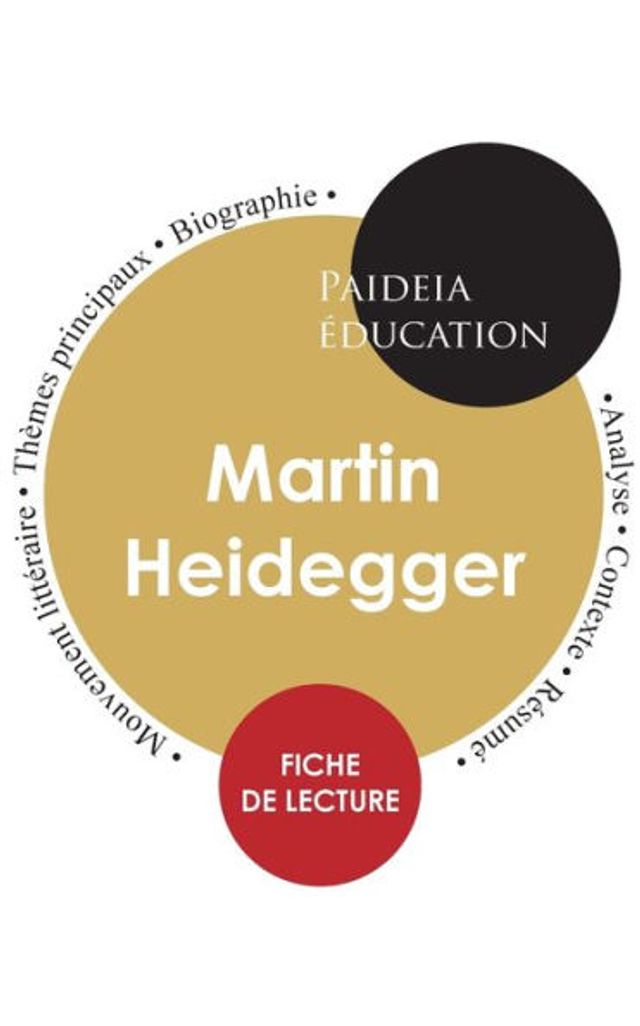Home
Neitzsche The Thinker: A Study
Loading Inventory...
Barnes and Noble
Neitzsche The Thinker: A Study
Current price: $36.24


Barnes and Noble
Neitzsche The Thinker: A Study
Current price: $36.24
Loading Inventory...
Size: OS
*Product Information may vary - to confirm product availability, pricing, and additional information please contact Barnes and Noble
Thank you for checking out this book by Theophania Publishing. We appreciate your business and look forward to serving you soon. We have thousands of titles available, and we invite you to search for us by name, contact us via our website, or download our most recent catalogues. ONCE when about to give a "Nietzsche" course before a university audience, those in charge suggested to me-a novice in such situations-that I should begin by considering some of the notable aspects or tendencies of our present civilization which Nietzsche expresses, so as to give a raison d'être for the course. It seemed to be taken for granted that he reflected the age and was chiefly important as illustration-perhaps as warning. I confess that I was somewhat embarrassed. For what had struck me as I had been reading him was that he went more or less counter to most of the distinctive tendencies of our time. My personal experience had been of shock after shock. Long before, and when he was little more than a name to me, I had spoken of the idea of getting "beyond good and evil" as naturally landing one in a madhouse; and when I first read him and ventured to lecture on him before an Ethical Society (1907), I could only consider him as an enemy who stood "strikingly and brilliantly for what we do notbelieve." As afterward I came to know him more thoroughly, I was less willing to pass sweeping judgment upon him, and yet the impression only deepened that here was a force antagonistic to the dominant forces about us. At many points he seemed more mediæval than modern. He failed to share the early nineteenth century enthusiasm for liberty, and he opposed the later socialistic tendency. He regretted the intensification of the nationalist spirit which set in among the various European countries after the defeat of Napoleon, deeming it reactionary-his ideas were super-national, European. He found retrogression in Germany, and belabored the Empire and the new Deutschthum. He shared, indeed, the modern scientific spirit, but he could not long content himself with a purely scientific philosophy and deplored the lapse of German philosophy into "criticism" and scientific specialism.


















